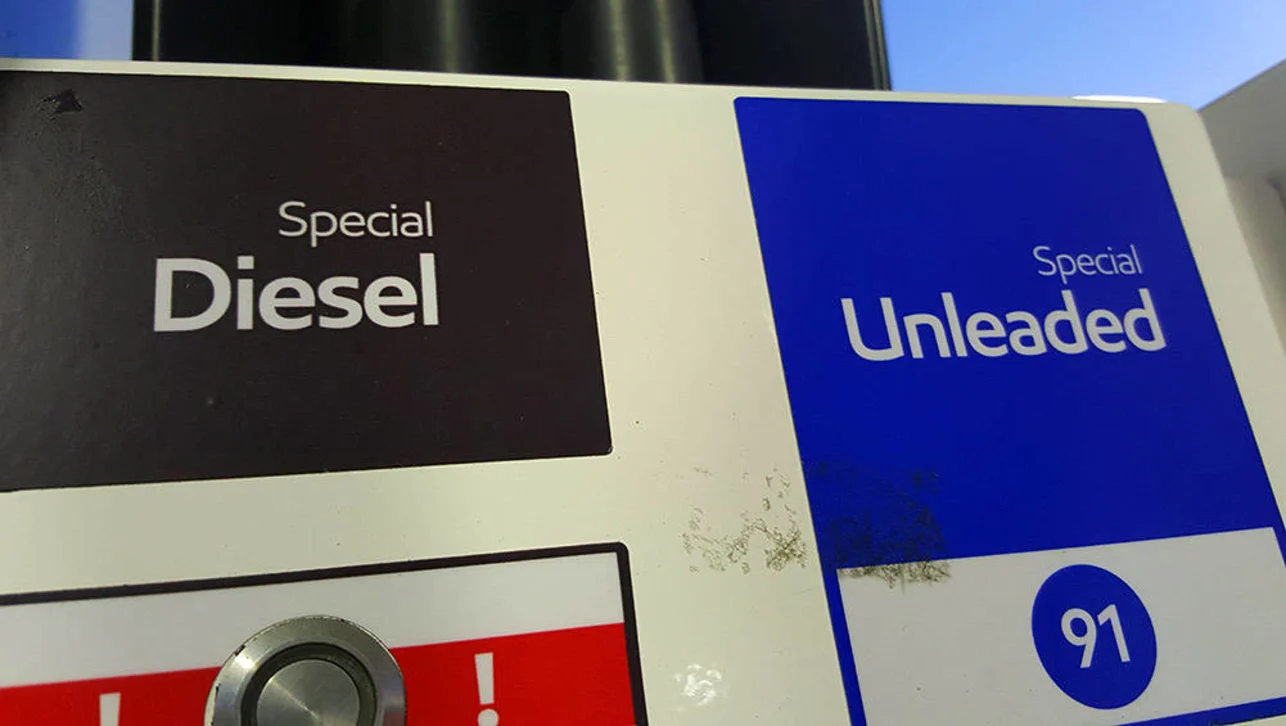
Choosing between a petrol or diesel vehicle can feel overwhelming. With both options having their advantages and disadvantages, it can be tough to decide which one best meets your needs. Let’s break down each factor, from cost and performance to fuel efficiency and environmental impact, so you can make an informed choice.
1. Understanding Petrol and Diesel
Petrol and diesel engines, while similar, operate differently. Petrol engines ignite fuel through spark plugs, whereas diesel engines rely on compression. These differences impact power delivery, fuel consumption, and more.
2. Cost of Ownership
The initial cost, fuel price, and maintenance contribute to the total cost of ownership. Diesel cars often have higher upfront costs but tend to be more economical in the long run due to better fuel efficiency.
3. Fuel Efficiency
Diesel engines typically deliver more miles per gallon than petrol engines, especially on highways. This can result in lower fuel costs for long-distance drivers, even if diesel fuel costs slightly more.
4. Performance and Power
Diesel engines provide more torque, ideal for heavy loads or towing, whereas petrol engines are known for quicker acceleration and smoother power delivery, making them enjoyable for city driving.
5. Environmental Impact
Diesel engines emit lower levels of carbon dioxide, which is beneficial in terms of climate change. However, they emit higher levels of nitrogen oxides (NOx), which can contribute to air pollution.
6. Maintenance and Repairs
Diesel engines tend to have longer life spans but can be more expensive to repair due to their complex design. Petrol engines generally have lower repair costs and are easier to maintain.
7. Availability and Price Stability
Diesel fuel prices are often more stable than petrol, which can vary based on regional and global demands. Availability can also be a factor, as not every station may offer diesel.
8. Resale Value
Diesel vehicles usually have better resale value due to their durability and fuel efficiency. However, with stricter emissions standards, some buyers may lean toward petrol for future resale.
9. Petrol or Diesel for Long Drives
Diesel vehicles are more fuel-efficient on long drives and may be a better choice for those with long commutes or frequent road trips.
10. Best Choice for City Driving
Petrol engines suit city driving with less noise, smoother acceleration, and a lower environmental footprint in urban settings.
11. Safety and Regulations
Emissions regulations are becoming stricter for diesel engines. Understanding current and upcoming regulations can help make a future-proof decision.
12. Cost Differences
While diesel cars might have higher purchase prices, their better fuel efficiency can offset this over time, especially for drivers with high annual mileage.
13. Future Trends
With advancements in electric and hybrid vehicles, traditional petrol and diesel engines may see reduced popularity. Governments and manufacturers are investing in greener technology, which could influence the longevity of both fuel types.
Conclusion
Deciding between petrol and diesel involves weighing fuel efficiency, driving habits, environmental impact, and long-term costs. Consider your daily needs and which factors matter most to make a choice that fits your lifestyle.
FAQs
- Which is cheaper, petrol or diesel cars? Diesel cars often cost more upfront but may save on fuel costs in the long run for high-mileage drivers.
- Are diesel cars better for the environment? Diesel cars emit less CO2 but produce more NOx, which can impact air quality.
- Which fuel type offers better performance? Diesel offers more torque for heavy loads, while petrol provides quicker acceleration and smooth city driving.
- Is diesel more fuel-efficient than petrol? Yes, diesel engines generally achieve higher miles per gallon, making them more fuel-efficient on highways.
- What’s the best option for urban driving? Petrol vehicles are quieter, cleaner, and typically better suited for city driving.






